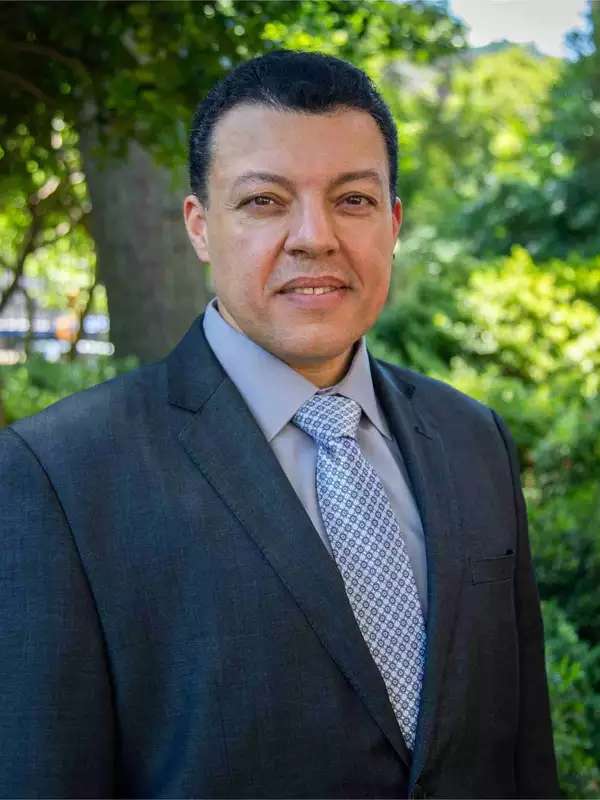
Ahmed Ibrahim
Ahmed Ibrahim is the Associate Director of STEM Pedagogy of the Center for Engaged Pedagogy. Before joining the CEP, he was a visiting assistant professor in the psychology department at Lafayette College. He also had teaching appointments at the Johns Hopkins University school of education and school of Advanced International Studies (SAIS) and in the Applied Analytics program at the School of Professional Studies at Columbia University.
At the CEP, he is leading and supporting projects related to teaching and learning in the STEM disciplines, scientific inquiry, and artificial intelligence. He is interested in the topics of curiosity, critical thinking, and the practices of science and engineering including discovering research gaps, asking questions, and finding and solving problems. He is also interested in how engagement and creativity, for students and faculty, in the STEM and other academic disciplines are affected by institutional cultures and the sociopolitical milieux. Other pedagogy-related topics Ahmed is excited to support include diversity, inclusion, change leadership for educators, classroom interactions and dialogue, technology, sustainability, emotional intelligence, and academic freedom. His technical expertise includes statistics, measurement and evaluation, and research design.
In addition to advancing the mission of the CEP with focus on the STEM disciplines, Dr. Ibrahim is also available to consult on educational grant research and evaluation; support faculty on curricular and program development; and collaborate with and foster dialogue among faculty, students, and teaching staff. He is also available to mentor students in academic success, research, proposal writing, and career development.
He earned his PhD (Educational Psychology, Learning Sciences) from McGill University and his MS (Computer Engineering) from NYU. His work appears in the International Journal of Science and Mathematics Teaching, Studies in Educational Evaluation, and the IEEE Transactions on Education.